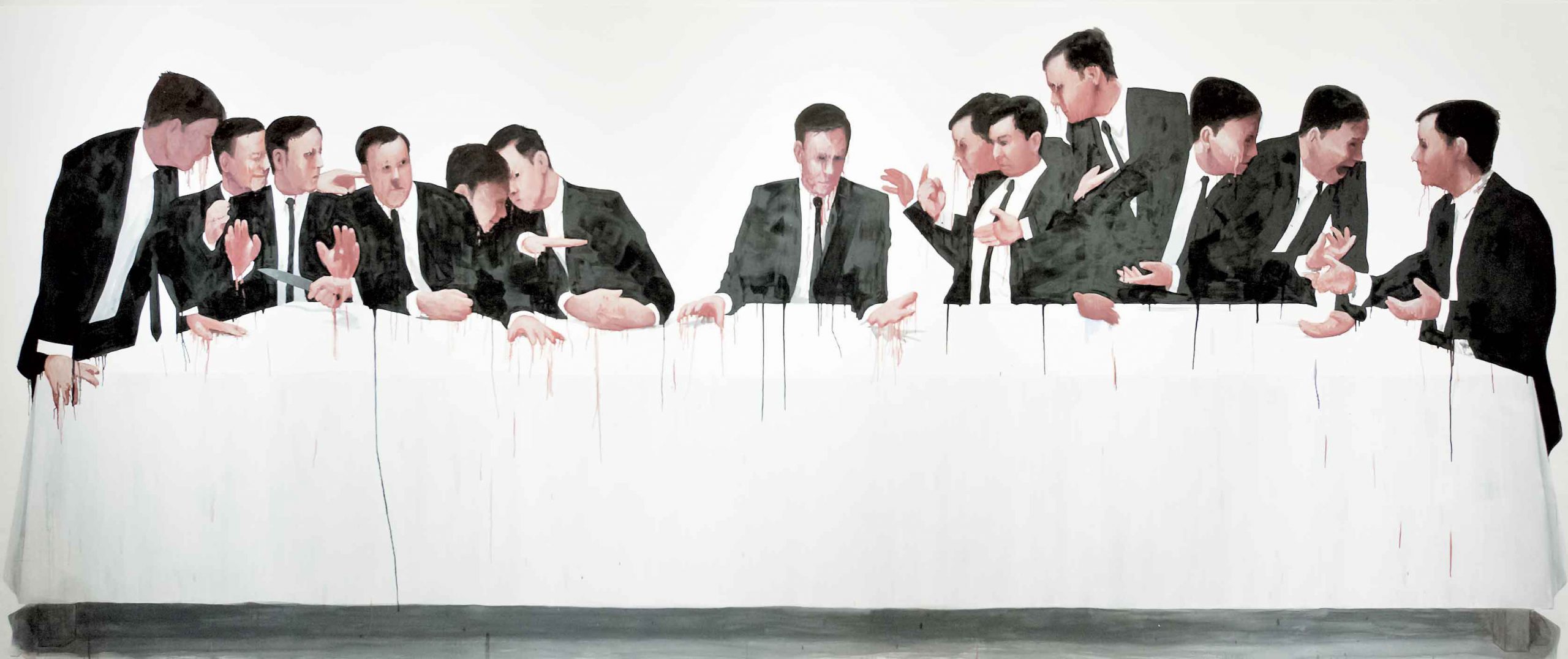Amidst growing dysfunctionality of state administration Belarusian authorities continue to lose touch with population
 The situation has not changed
The situation has not changed

Amid budgetary cuts on social protection, the Belarusian public sector is experiencing a management crisis and a balance shift in the state resource redistribution system. The authorities are forced to revise their most unpopular decisions during the implementation due to the pressure from affected social groups. The state is unlikely to oppose to some civil society and opposition organisations in strengthening their role in society in order to retain touch with the population and to be able to respond to the most harsh criticism of state initiatives.
The Architecture and Construction Ministry has acknowledged that the decree No 585 on assistance to large and young families in building and buying housing was prematurely rescinded.
The authorities are often forced to revise their decisions on curtailing social assistance to different social groups during their implementation, without preliminary impact assessment and feedback from the population, so as they lead to the growth in social tension. Due to the centralised decision making, languishing state resources and the lack of public debate as a balancing instrument in issues related to social protection, the state administration is losing control of the population.
Perhaps, the compensatory mechanisms of the state apparatus lack the time to adjust to dwindling state resources for supporting the existing social model, even in a reduced form. The authorities have completely or partially paralysed operations of independent public institutions and representative bodies, through which they could monitor public moods and receive feedback from the population, such as local councils, the parliament, political parties and NGOs. Last year, under the pressure of the authorities, the last independent institute for measuring public sentiment, IISEPS, suspended operations.
President Lukashenka’s self-removal from the decision-making on current socio-economic issues, also could have affected the state apparatus’ operations. The president has always been very sensitive about adopting unpopular decisions which could lower his popular support, hence demanded a careful preliminary assessment of such decisions. However, recently, especially after the introduction of the tax on social dependants, the president has mainly focused on the foreign policy agenda.
Hence, a lacuna has formed in the state decision-making after the president reduced participation in the current socio-economic policy formation, which leads to an increase in manifestations of dysfunction in the public administration.
Subscribe to our newsletter




Situation in Belarus
Constitutional referendum: main consequences


 Video
Video
How to count the political prisoners: are the new criteria needed?


 Video
Video
Paternalism In Decline, Belarusian Euroscepticism, And The Influence Of Russia


 Video
Video












